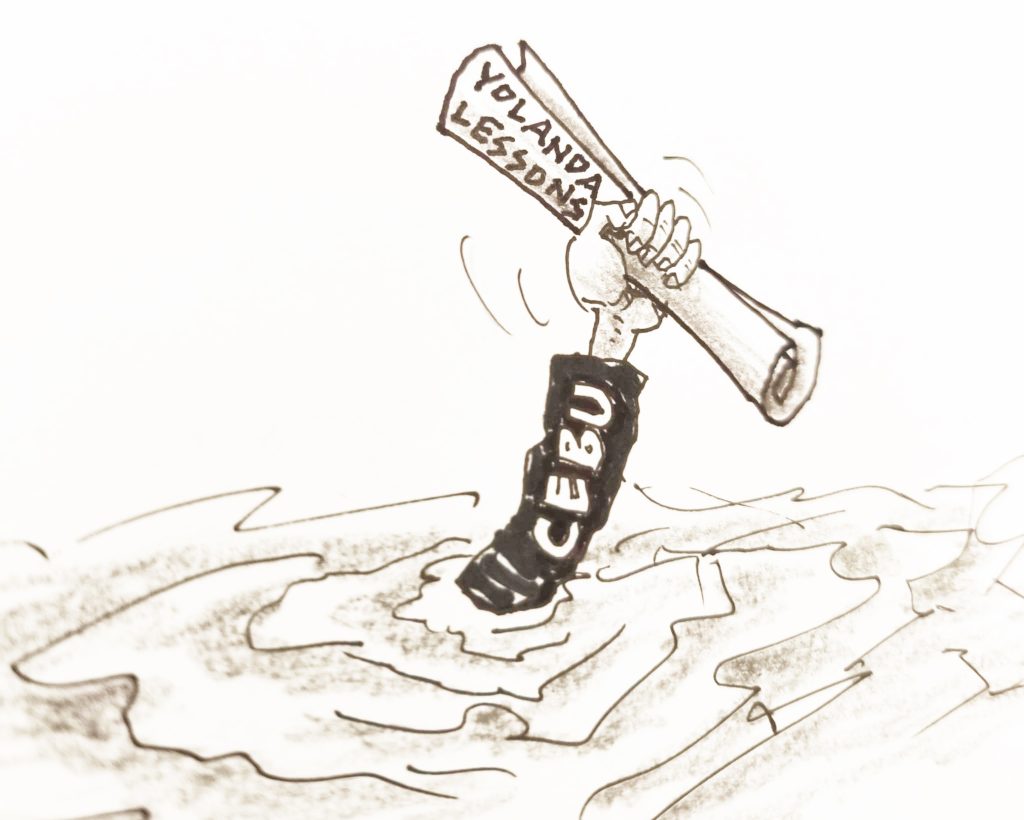The recurring tragedy of floods in the Philippines is not merely a matter of natural disaster. Each year, countless Filipinos lose their lives and livelihoods due to these floods, exacerbated by substandard or nonexistent flood control projects. These projects, often funded by public money, are meant to protect communities, but instead become conduits for corruption, leaving vulnerable citizens exposed to the ravages of floodwaters. The human cost is immeasurable, with families displaced, homes destroyed, and lives tragically cut short, as exemplified among Cebu residents right now.
The root of this problem lies in the pervasive corruption that plagues many government projects. Funds allocated for flood control are siphoned off through inflated contracts, ghost projects, and outright embezzlement. Corrupt politicians, contractors, and government officials collude to divert resources, prioritizing personal gain over public safety. The result is poorly constructed infrastructure that crumbles under pressure or projects that exist only on paper, offering no real protection to communities in need, turning natural hazards into man-made disasters.
The impact of these corrupt practices extends far beyond the immediate aftermath of a flood. The destruction of homes and infrastructure disrupts lives and livelihoods, pushing families into poverty. The lack of adequate sanitation and clean water in flood-affected areas leads to the spread of disease, further compounding the suffering. Moreover, the psychological toll of repeated displacement and loss can be immense, leaving lasting scars on individuals and communities. The cycle of corruption and disaster perpetuates a state of vulnerability and despair for many Filipinos.
Stricter oversight and transparency in government procurement processes are essential to prevent corruption. Whistleblowers must be protected, and corrupt officials and contractors must be held accountable for their actions. Investing in quality infrastructure and sustainable flood management strategies is also crucial. This includes building robust flood control systems, improving drainage, and promoting responsible land use planning.
The fight against corruption in flood control projects is a fight for the lives and well-being of Filipinos. It requires a collective effort from government, civil society, and ordinary citizens to demand accountability, transparency, and integrity in public service. Dismantle the structures of corruption and prioritize the needs of the people so we can build a more resilient and equitable future for all Filipinos, where communities are protected from the devastating impact of floods and where public funds are used for the common good.




